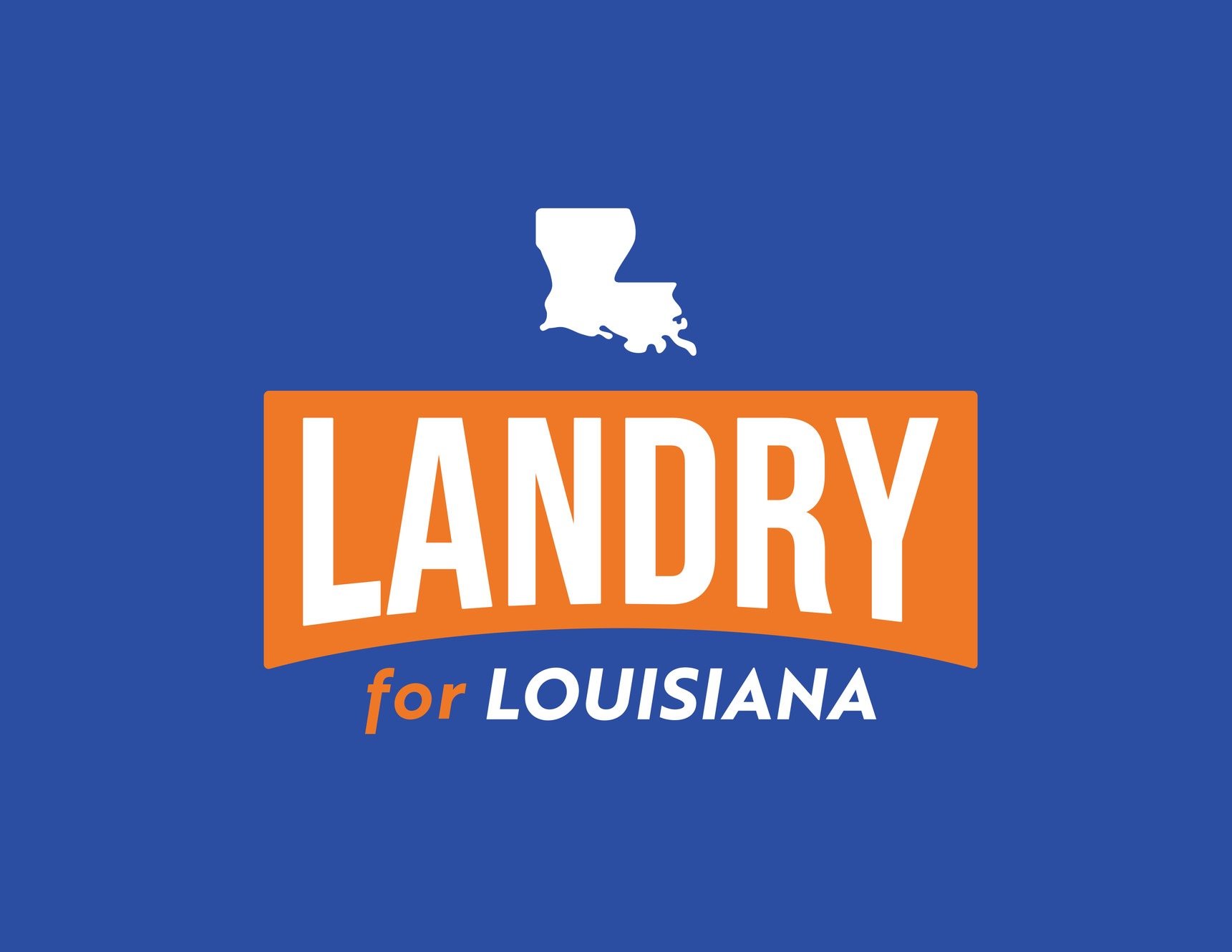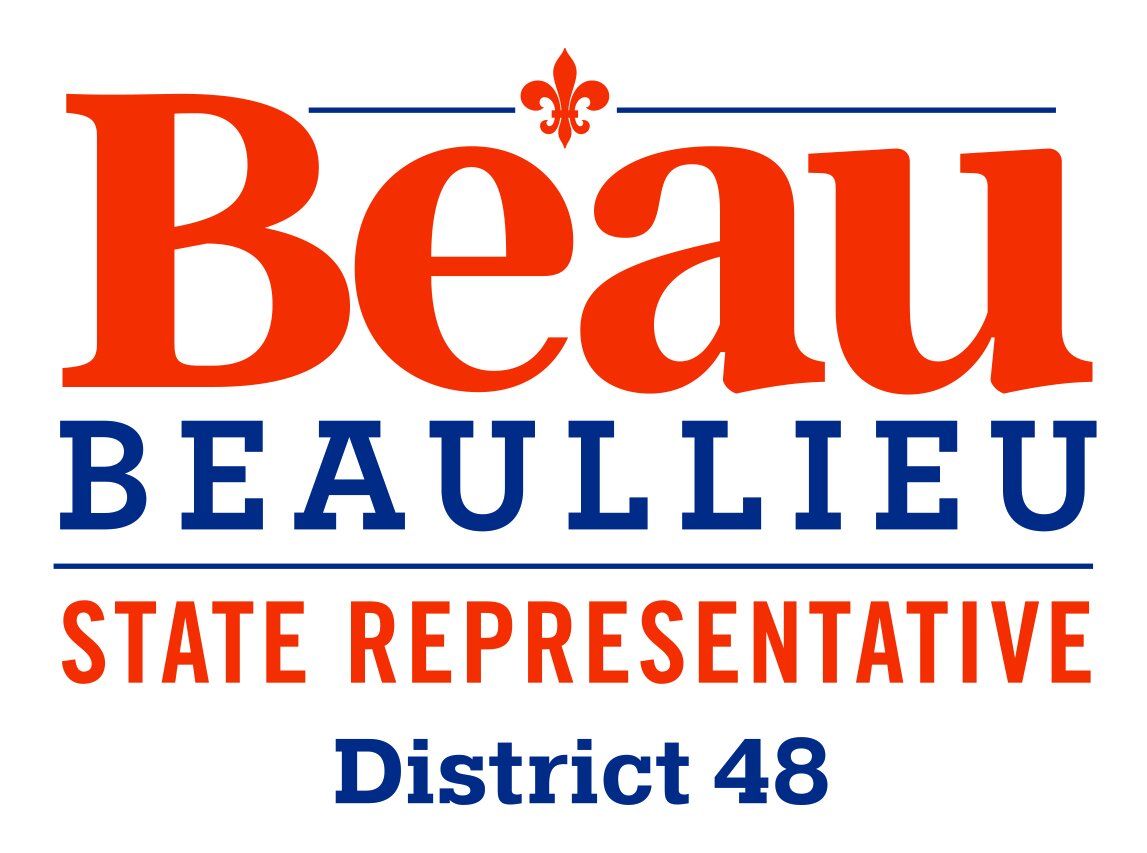Photo source: Philly Voice
The following oped was provided to Cajun Conservatism by Gwen Miller, a resident of St. Landry Parish:
Getting older isn’t what it used to be—and in a good way! Back when Medicare was founded, senior citizens weren’t expected to live as long or be as active as we are today. Fortunately, our health care coverage is keeping up with the times. Congress has worked in a bipartisan fashion to continually improve Medicare Advantage to bring innovative, private health plans to seniors. And it’s worked.
I became Medicare-eligible a year ago, and I decided Medicare Advantage would be best for me. I wanted “all in one” coverage, and I was impressed by the health plans in my area, some of which charge nothing in monthly premiums.
My plan incorporates everything I need to control my few minor health problems and to protect against more serious diseases from developing. I’m particularly pleased with the prescription drug coverage. In Medicare Advantage, this is built in, so I don’t pay extra for other insurance. The costs are very affordable, and I can get refills at nearly any pharmacy or via mail order. I’m saving money compared to what I was spending before I joined Medicare Advantage, a nice bonus when you’re stretching your retirement savings.
Volunteering in a nursing home has shaped my goals for aging. The facility where I help out offers high-quality care, but nothing can be just like home. Like most seniors, I want to remain an independent, contributing member of the Opelousas community. And I know things like genetics play their part but that I have to put in the work, too.
That’s why I’m glad Medicare Advantage is forward-thinking. Rather than dissuading seniors from using services, they encourage us to take advantage of our benefits—especially the free preventive and wellness care.
Need a checkup? It costs nothing. Is it time for a cholesterol or cancer screening? Get one at no charge. Want some guidance to manage diabetes, an autoimmune disorder, or other condition? Did you make a New Year’s resolution to quit smoking, eat healthier, or become more active? Medicare Advantage has free programs to help.
Free is good. Medicare Advantage plans remove the financial barriers that can otherwise cause seniors to avoid care. And their investment pays off. Medicare Advantage does a better job of keeping seniors out of the hospital, where none of us want to wind up anyway.
The impacts reach beyond seniors. I’m more involved in the community because of the benefits I enjoy with Medicare Advantage, and countless other seniors in our area say the same thing. Our churches, soup kitchens, libraries, garden clubs, tutoring programs—you name it, local charities and other organizations are more robust because Medicare Advantage supports retirees as we engage in activities we care about.
Elected leaders should, therefore, see Medicare Advantage as a top priority issue. Federal officials can support this program as a way to build a better Louisiana. And voters should be sure to check 2020 candidates’ records to make sure the lawmakers they back this fall are as dedicated to Medicare Advantage as we seniors are to Opelousas.


















